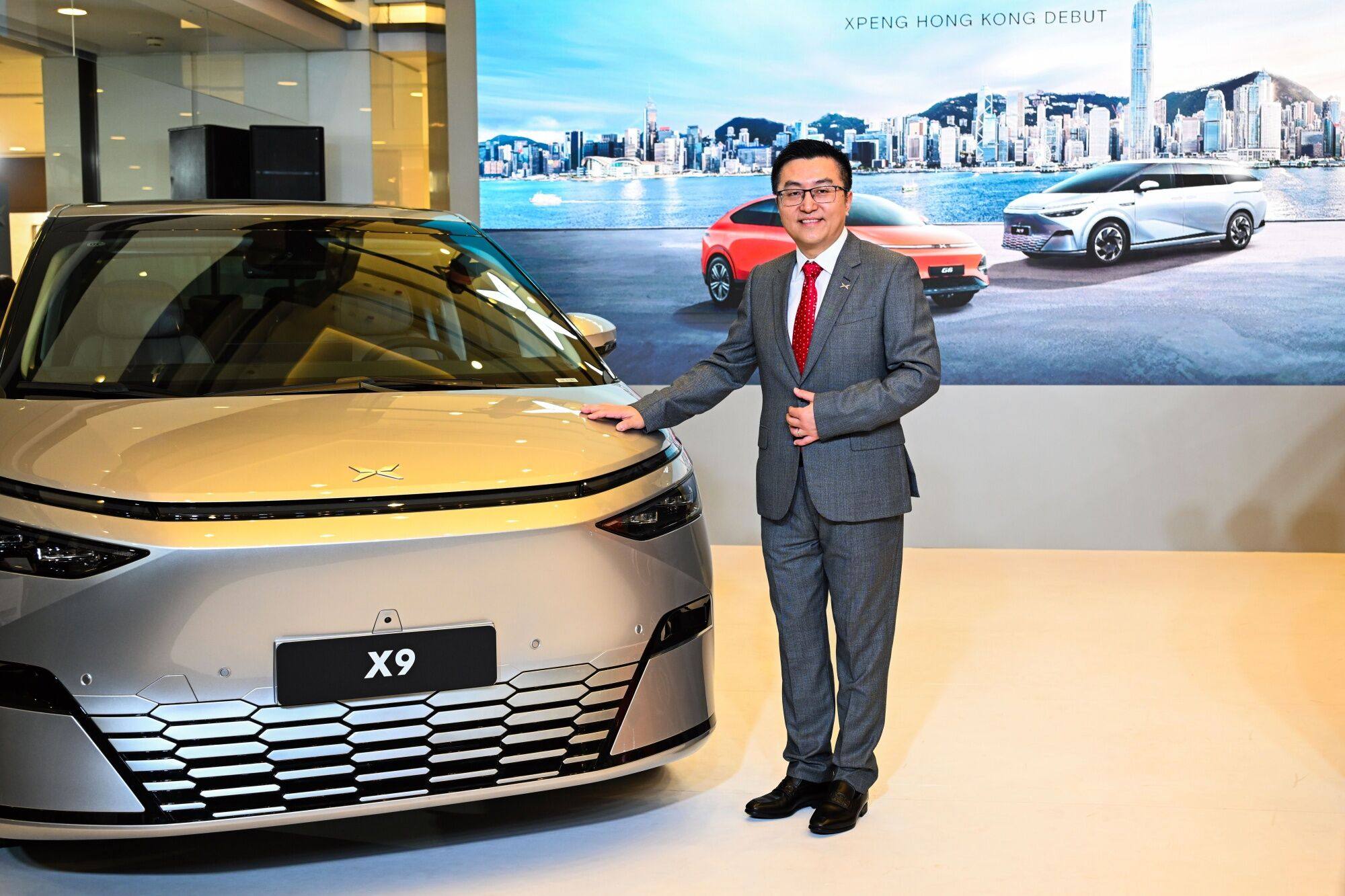The firm incurred a 1.37 billion yuan (US$191.2 million) loss in the three months to March 31, versus 2.34 billion yuan in the same period last year, according to a Hong Kong stock exchange filing on Tuesday. Analysts who track the stock had forecast a 2.08 billion yuan loss.
Revenue at the Guangzhou-based EV maker surged 62 per cent to 6.55 billion yuan from a year earlier, aided by a 58 per cent jump in vehicle sales. The firm delivered 21,821 vehicles to its customers, a 20 per cent increase from a year ago, while per-vehicle margin rose to 5.5 per cent versus a negative 2.5 per cent previously.
“We are confident we can launch competitive models globally in a more efficient manner and thus spearhead the widespread adoption of AI-powered smart cars,” co-founder and CEO He Xiaopeng said in a statement. “Our industry-leading technologies are expected to gain greater market influence and yield better financial returns.”
The report came amid a bruising price war in the world’s biggest EV market, causing industry players to compete on price discounting to attract new customers. Concerns about overcapacity have caused jitters that carmakers in other markets will also slash prices. The US last week slapped punitive duties on Chinese EV exports to protect its market from cheaper imports.
Xpeng, known for its autonomous driving technology, offered a 20,000-yuan discount on its bestselling G6 sport-utility vehicle after deliveries fell to a three-year low. Price discounting had affected peers including Li Auto, which this week reported a poor set of results for the same quarter.
Rosalie Chen, an analyst of investment research firm Third Bridge, said in a report on Tuesday that Xpeng had used up all its pricing strategies. There is limited room for further cuts, she added.
“Through our strategic partnership with the Volkswagen Group, Xpeng is at the forefront of monetising in-house developed smart technologies as a technology enabler,” the firm added in the statement.

VW signed an agreement with Xpeng in February to co-develop two mid-sized battery-powered vehicles. The VW-badged cars will reduce the development time by more than 30 per cent, the German carmaker said, and are expected to make their debuts in 2026.
“Xpeng will face increasing challenges from domestic rivals such as smartphone maker Xiaomi whose first mass-produced EV SU7 has received huge orders,” said Phate Zhang, founder of Shanghai-based EV data provider CnEVPost. “The jostling for China’s EV sector leadership will become more intense this year.”



